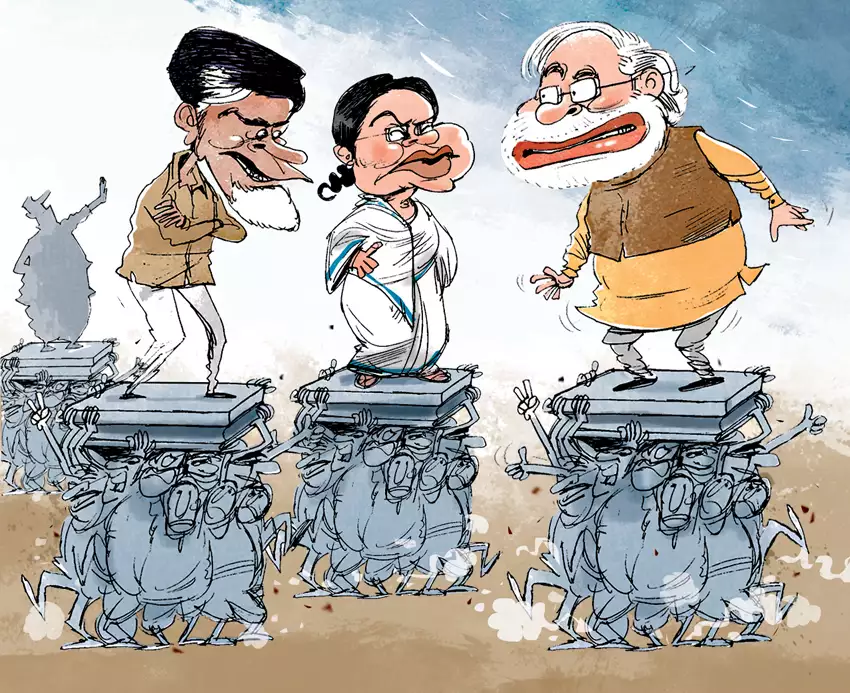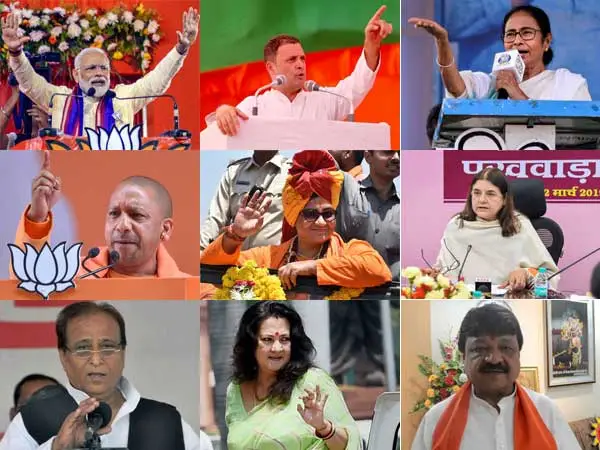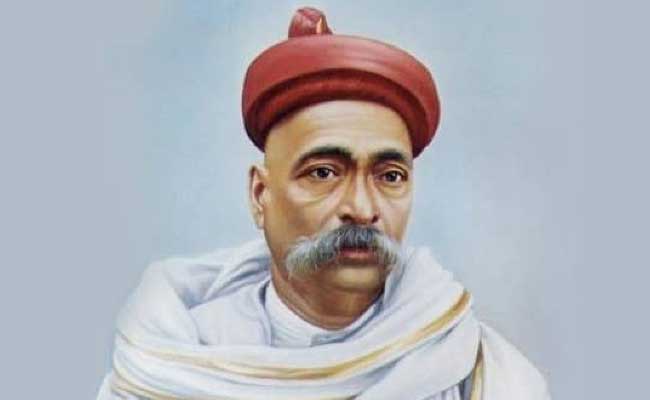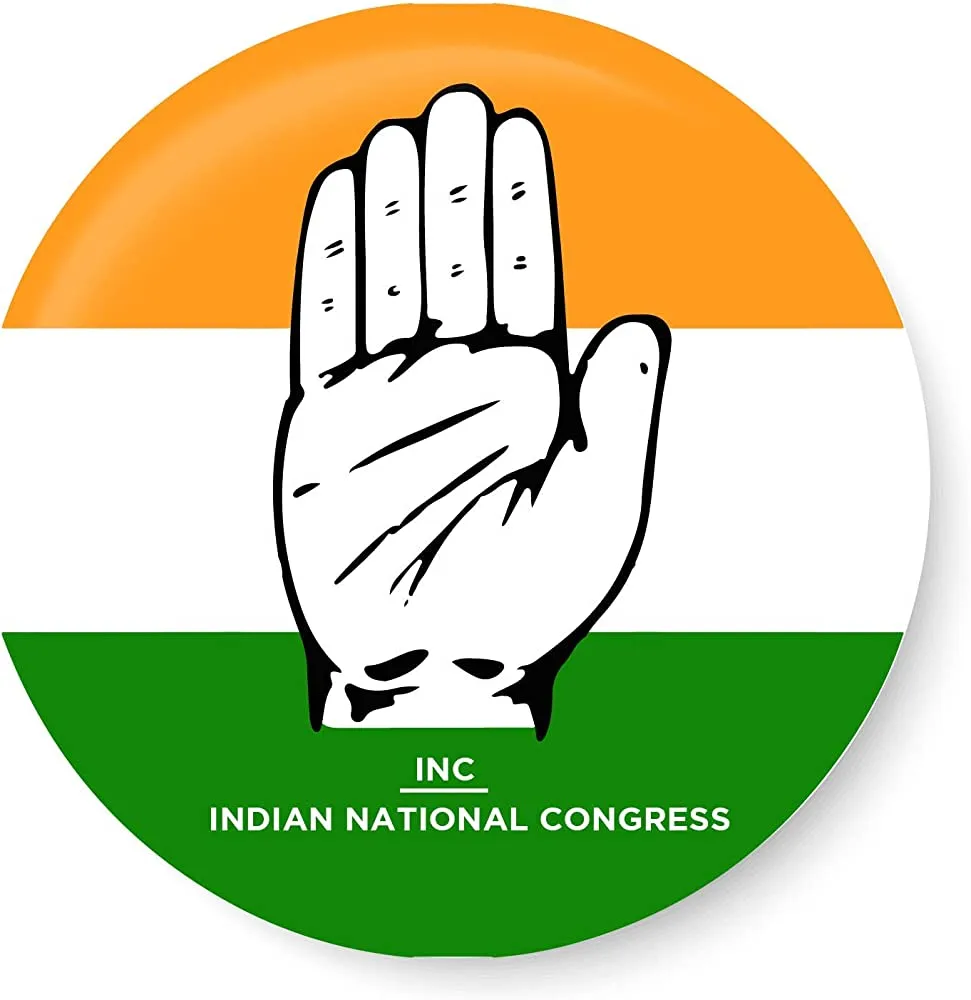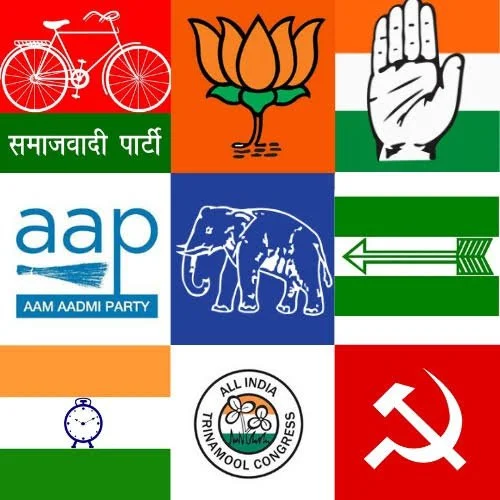Political Alliances and Coalitions in India: In the complex landscape of Indian politics, political alliances and coalitions have become pivotal in shaping the country’s governance. With a diverse population and a multi-party system, political parties often come together to form alliances or coalitions to maximize their chances of acquiring political power. These strategic collaborations are aimed at harnessing collective strength, forging compromises, and consolidating a broad-based support base. In this article, we will delve into the significance of political alliances and coalitions in India, exploring their formation, dynamics, and impact on the country’s democratic framework.
I. The Genesis of Political Alliances and Coalitions in India:
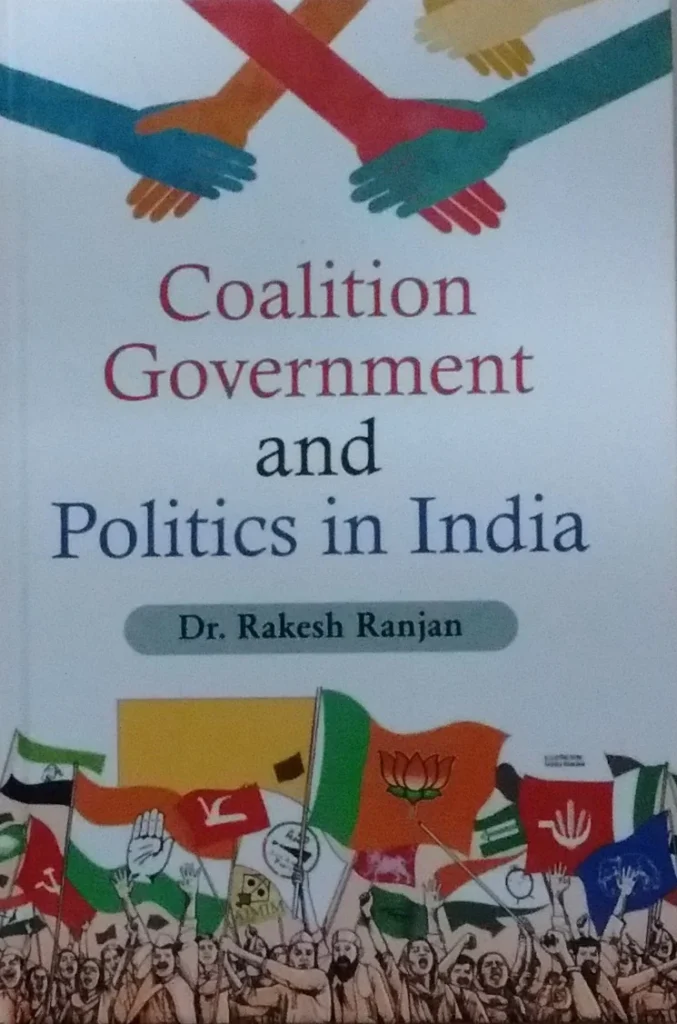
Political alliances in India are not a recent phenomenon. They can be traced back to the pre-independence era when diverse groups joined hands to collectively challenge British rule. Post-independence, the formation of alliances gained momentum as political parties sought to navigate the complexities of a democratic system. The first major alliance, the Janata Party, emerged in the 1970s, bringing together diverse opposition parties to challenge the ruling Congress party.
II. Coalition Politics:
Balancing Power and Ideologies: Coalition politics, where parties come together to form a government, has become the norm in India. Given the diverse social, economic, and cultural fabric of the country, no single party has managed to secure an absolute majority in recent times. This has necessitated the formation of coalitions to establish stable governments. The National Democratic Alliance (NDA) and the United Progressive Alliance (UPA) are the two prominent coalitions that have played significant roles in Indian politics.
III. Factors Influencing Alliance Formation:
Several factors influence the formation of political alliances and coalitions in India. Primarily, the quest for power and the need to prevent the fragmentation of votes are critical drivers. Parties often enter into alliances to expand their electoral prospects, pool resources, and create a united front against their opponents. Additionally, ideological similarities or shared policy goals can bring parties together. Regional considerations, caste equations, and regional parties’ desire to exert influence at the national level also play a crucial role in alliance formation.
IV. Political Alliances and Coalitions in India Challenges and Opportunities:
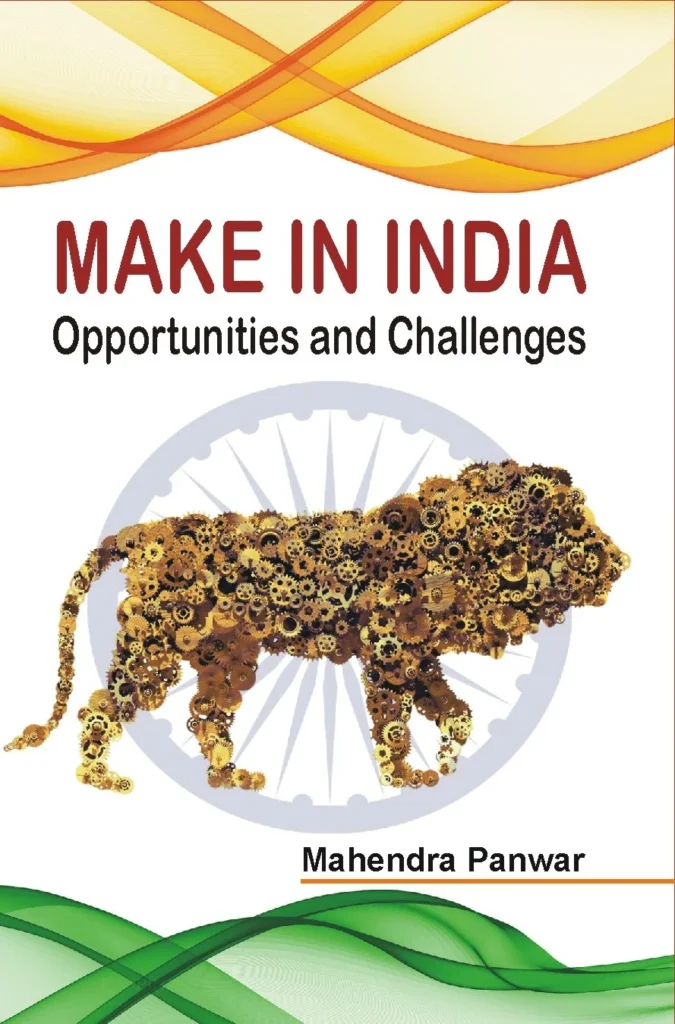
While political alliances offer opportunities for parties to augment their electoral prospects, they also pose challenges. Maintaining ideological coherence within a diverse coalition can be daunting, as parties may have conflicting interests and priorities. Coalition governments often witness power-sharing disputes, policy compromises, and even instances of instability due to divergent views. Balancing the interests of various coalition partners while delivering on promises to the electorate requires astute leadership and negotiation skills.
V. Impact on Indian Democracy:
Political alliances and coalitions have both positive and negative impacts on Indian democracy. On the positive side, they promote inclusivity by bringing diverse voices into the political process and preventing a single-party monopoly. They also foster consensus-building and encourage dialogue among different ideological streams. However, the flip side is that coalition governments can be perceived as weak and prone to policy paralysis due to constant negotiations and conflicting interests.
Political alliances and coalitions have become integral to India’s political landscape, facilitating the formation of stable governments in a diverse and pluralistic society. While they bring together parties with differing ideologies and aspirations, they also present challenges in terms of maintaining unity and delivering on promises. The success of political alliances ultimately hinges on the ability of leaders to forge effective partnerships, strike a balance between power-sharing and governance, and navigate the intricate dynamics of Indian politics. As India continues to evolve, these alliances will continue to shape its democratic future.
Read Also: Regional Political Parties in India
![]()

